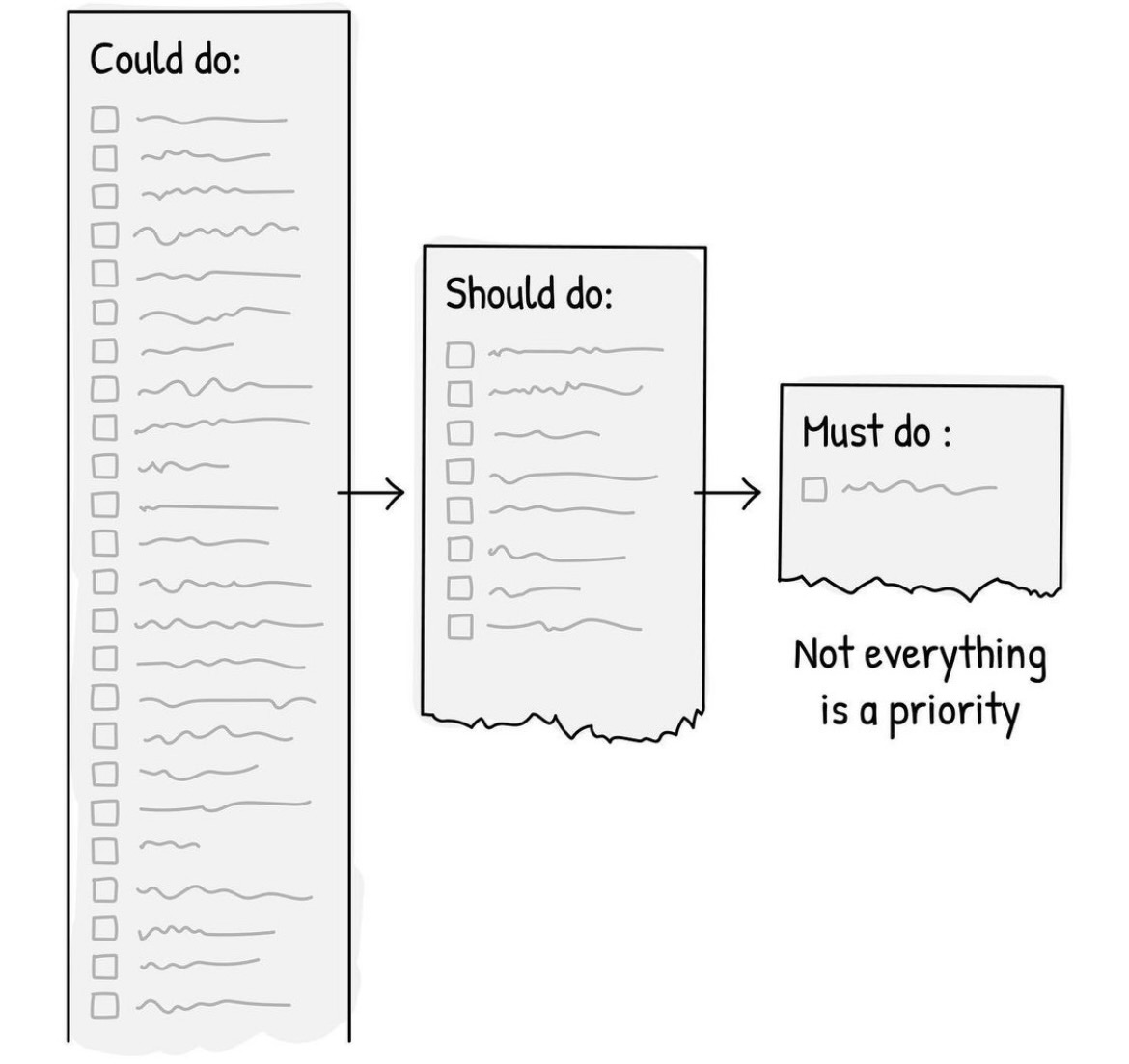- Banter Booster
- Posts
- Banter Booster: speech therapy research, training, resources, practice tips, and more
Banter Booster: speech therapy research, training, resources, practice tips, and more
Hello again! I'm David.

Not him, though - like Mr Stewart - I know what it's like to play second fiddle (cello?) to a charismatic colleague!
With school holidays almost upon us, this is our final issue for Season 2!
New open-access research and research summaries:
DLD Day is just around the corner. Start those advocacy engines!
Do you know enough about the social determinants of language development? Thanks for sharing this important paper, @penzyl:
A sobering read shared by @Autistic_Doc:
An interesting study on "peer befrienders" for people with aphasia, tweeted by @botting_nikki
A great paper on one of my favourite therapy design topics: spacing and retrieval practice
'The science of effective learning with spacing and retrieval practice' by @ShanaKCarpenter, @StevenCPan & Andrew C. Butler inspired our September cover...and is now 🚨FREE TO ACCESS 🚨for two weeks!
Download now: httpgo.nature.com/3d7R5vSp
— Nature Reviews Psychology (@NatRevPsych)
11:58 AM • Sep 13, 2022
FREE Training opportunities:
Why we need better tools to measure and describe prosody for CAS. Thanks, @ProfRvach:
New tech to help people with non-standard speech: 'Project Relate'
Free stuttering event on 27 October. What a line up! Circulated by @amyconnery34:
FREE Resources:
Thanks, @af_english123 for this handy language booklet for high schoolers:
SLP and teacher, @NathanielRSwain, shares free resources to support explicit writing instruction (fans of our Think, then Write resources will know I'm a huge fan of The Writing Revolution):
You had me at "Resource Hub"!
We developed the ECE Resource Hub in 2020 in response to COVID to offer professional development resources to educators to promote children’s (0-5) social-emotional skills. We are excited to grow the hub with a new and improved website.
— Amanda Williford (@apwilliford)
11:02 AM • Sep 16, 2022
Download free DLD Guides, teacher resources, and much more from ican.org.uk:
Private practice tips for employees, managers & owners:
A timely reminder, shared by @teacherfeature2!
Shameless Showcase: a BanterSpeechPreps.com resource:
This week, a telehealth-friendly resource to work on Blanks 3 & 4 questioning and Second-Order Theory of Mind:
Perspectives
When the moon hits your knees and you mispronounce trees; sycamore
— fenian rat 🇮🇪🇵🇸 (@bosco_td)
10:34 PM • Sep 8, 2020
Every TedX speaker giving a Ted Talk
— Bojito (@Bomanizer)
10:03 PM • Aug 2, 2022

On behalf of the Banter Speech team, we wish everyone a calm and productive next few weeks and (yes, we must say it) 'Sweet Dreams'. We'll be back with Season 3 in a few weeks. Stay well; and, as always, thanks for reading!
Was this forwarded to you? I hope you enjoyed it! Sign up here.










